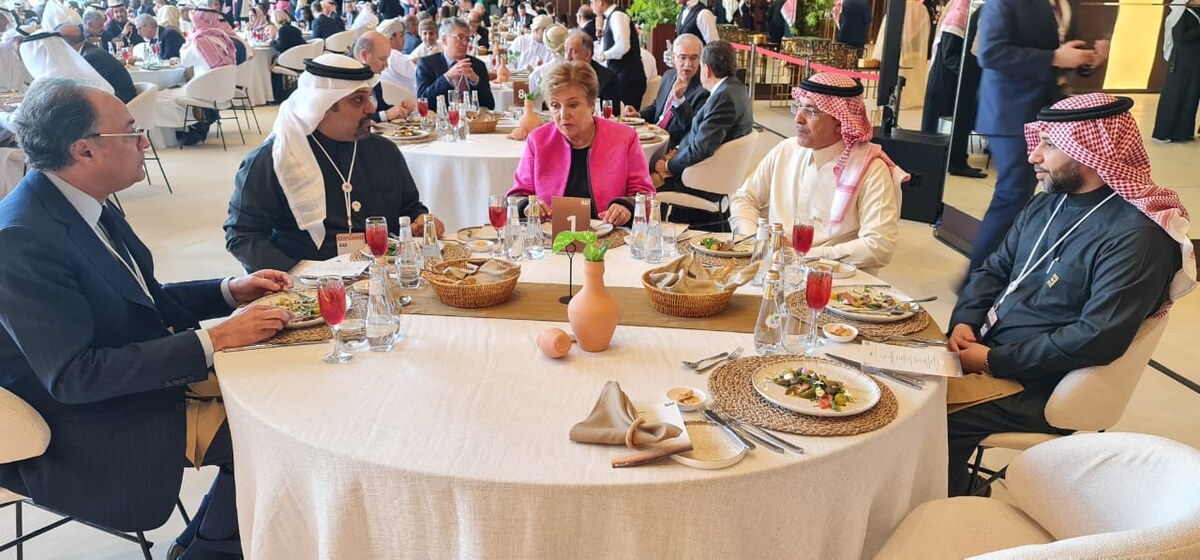ISLAMABAD: Pakistan and Afghanistan have joined hands to launch simultaneous, synchronized anti-polio vaccination campaigns in September and October to curb the spread of the crippling virus, a senior Pakistani official confirmed on Thursday.
Pakistan and Afghanistan remain the only countries in the world where polio remains endemic, with the former reporting 13 cases this year and the latter nine.
Polio is a highly infectious disease mainly affecting children under the age of five years. It invades the nervous system and can cause paralysis or even death. While there is no cure for polio, vaccination has proven to be the most effective way to protect children from the crippling disease.
“Pakistan and Afghanistan are simultaneously starting synchronized anti-polio vaccination campaigns from next month till December, with the first campaign starting on September 9,” Pakistan’s National Coordinator for Polio Captain (retd) Anwar ul Haq told Arab News.
Polio vaccination efforts in Pakistan have been hampered by the belief among many Pakistanis, particularly those residing in the conservative northwestern tribal areas, that the medicine is a Western campaign aimed at sterilizing the country’s population or a cover for Western spies.
In 2012, the local Taliban ordered a ban on immunization against polio in some tribal districts. Several policemen have been killed this year while on security duty during vaccination campaigns that are frequently targeted by militants. Dozens of polio workers have also lost their lives over the decades.
According to a document seen by Arab News, the first campaign will be conducted from September 9-13 while the second will take place from October 21-25.
Pakistan and Afghanistan previously collaborated in 2016 and 2020-21 to eradicate polio from both countries.
The official said these campaigns will be coordinated and synchronized through a joint coordination between the two countries.
“We had a video call with their coordinator as joint efforts are essential,” Haq explained. “If we conduct the campaign in Pakistan’s area but Afghanistan doesn’t do the same in its area, the virus could persist,” he added.
He said a look at the polio virus map and a study of its determinants, occurrence, and distribution showed that most of the cases were concentrated in Pakistan’s border districts.
“Out of the total 13 cases, nine are in these border areas as there is movement across both districts and across the border,” Haq explained.
He said if both countries would conduct these campaigns jointly or simultaneously, children on both sides of the border would be immunized against the infection.
Haq said the joint effort and coordination would help build herd immunity on both sides of the border, ensuring that the virus could not survive or spread.
“With this immunization, the virus, which typically survives in the gut, will not be able to persist and if the children are protected, transmission will stop,” the official said.
Pakistan’s former director general of health, Dr. Rana Muhammad Safdar, who also served as the head of the country’s polio eradication program, described the initiative as “great news” and an essential step, given the growing number of polio cases reported from both countries this year.
“Through joint efforts, this virus circulation will be curtailed, providing both countries an opportunity to get back on track and finish the job,” he told Arab News.
He said previous joint anti-polio programs conducted by Pakistan and Afghanistan did a “tremendous job.”
“This strategy allowed them to cover all mobile children moving across the border, which was a significant advantage, and due to this effective synchronization and collaboration, both countries benefited,” Safdar noted.
He said poliovirus circulation was reduced to “very small pockets” in both countries in 2021 due to the joint campaigns.
Pakistan, Afghanistan to launch ‘synchronized’ anti-polio campaigns next month — official
https://arab.news/r8txh
Pakistan, Afghanistan to launch ‘synchronized’ anti-polio campaigns next month — official

- The virus remains endemic in only Pakistan and Afghanistan, with former reporting 13 cases and latter nine this year
- First anti-polio campaign will be launched from September 9-13 while the second one from October 21-25, says official



















